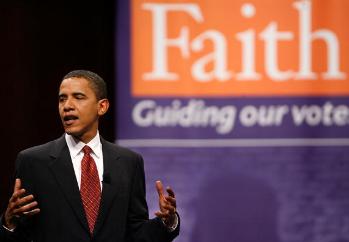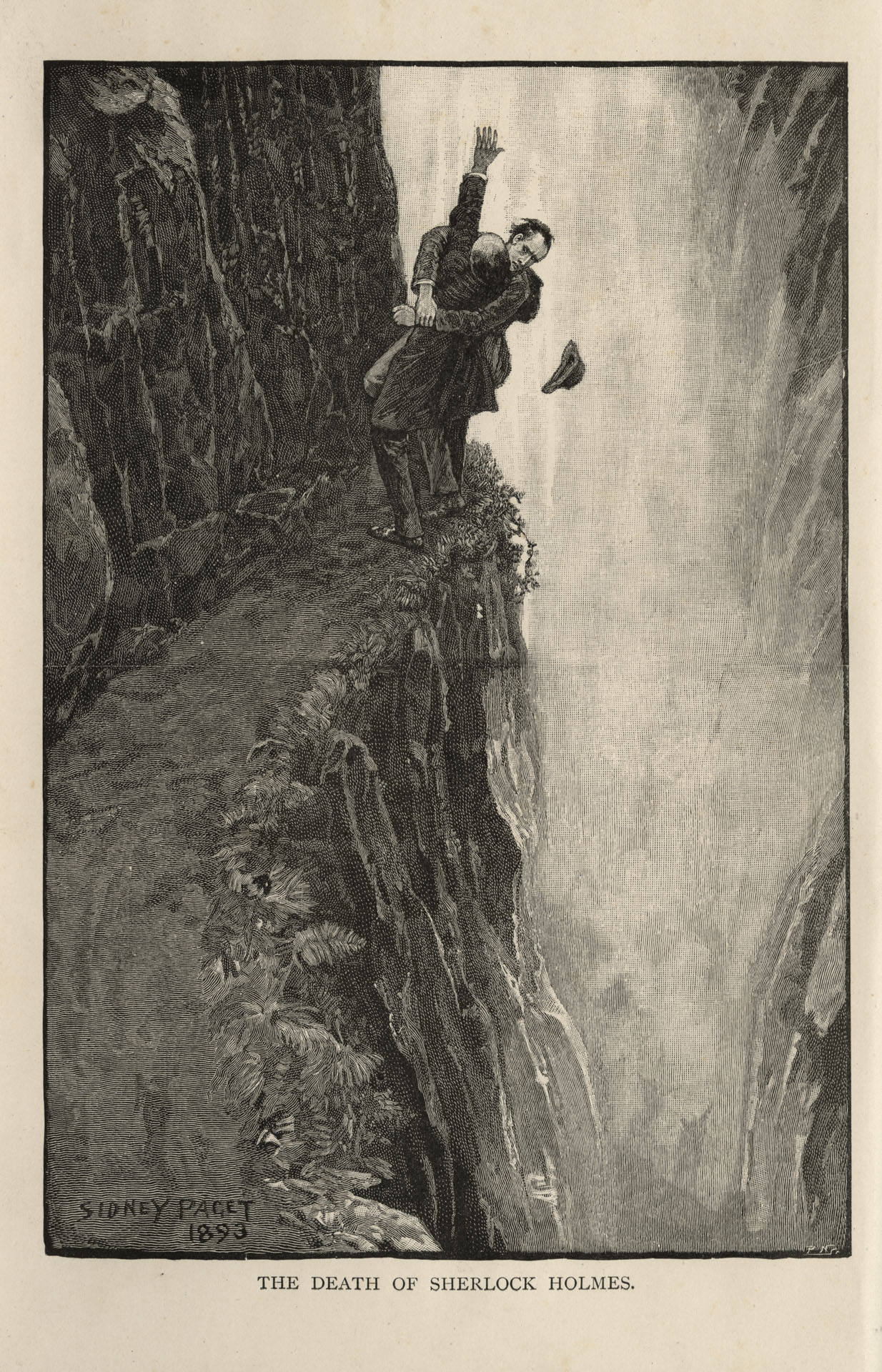President Obama appears quite comfortable with religious language but clearly wants to defuse the strong, divisive rhetoric surrounding it.

This was apparent in his inaugural address when he referred to the country as a “patchwork,” made up “of Christians and Muslims, Jews and Hindus, and non-believers.” More than just multi-religious diversity, the deeper, more contentious clashes between believers and non-believers are of concern.
Recently, at the University of Notre Dame, we saw him navigate the moral and symbolically charged terrain of abortion and embryonic stem-cell research, choosing to take them head-on and pleading for “fair-minded” debate and calm tempers.
Is Obama’s openly engaging, pragmatic style working to close the “God gap” in American politics?
Talk of such a gap arose during the 2004 presidential election when it became evident that the best predictor of voting Republican in the polls was religious attendance. A pattern had been emerging for a decade, but not until Bush’s second run for the presidency did it become so publicly visible and then not without lots of help from the media: Republicans were painted as the party of God and country, Democrats the party of elite liberals, humanists and secularists, those uncomfortable with religious language. Both George W. Bush’s evangelical Christian faith and the Democrats’ inarticulateness in speaking of “God” and “faith” boosted the perception of a gap.
To answer this question, the Walter H. Capps Center for the Study of Ethics, Religion and Public Life at the University of California, Santa Barbara commissioned Zogby International to carry out a two-stage survey. Following the election last November we first asked Americans what qualities they were looking for in the new president. Their top answers: honesty, integrity and leadership; additionally fairness and intelligence were sited. After President Obama’s first 100 days, we asked 3,365 likely voters to rate him on these same qualities.
The president received positive marks: 58 percent for both his honesty and integrity, 59 percent for leadership, 77 percent for intelligence, 57 percent for fairness. 54 percent rated his overall performance as positive.
A whopping 91 percent of Democrats as compared to only 14 percent of Republicans gave him an overall positive rating on his first 100 days.
But what about Obama and the “God gap”?
Clearly, regular attendees at religious services are less inclined to give the president a favorable overall rating. Given the traditional views on faith and morality within Catholic and evangelical Protestant communities, they tend to be conservative on many social, religious, and political issues. What’s striking, however, is the huge split between “regular,” or weekly, and “irregular” attendees, most of whom look favorably on the president.
This sector of religious communities is much larger, younger, open-minded, looking for social change – in effect, Obama’s people, Democrats and crossover Republicans. Nor are they necessarily without faith. They’re less strident and noisy about it. Much the same was found in a Gallup poll (May 19) showing that the GOP has lost self-identified Republicans across all subpopulations except for the most regular of churchgoers.
More lies behind this loosening of an older pattern than might first appear: across faith traditions today deep cleavages exist between traditionalists and progressives. Even imageries of God vary somewhat along this line with traditionalists leaning toward more authoritarian, judgmental views, progressives toward more benevolent, supportive conceptions of Deity. One is no less “true” than the other, differing only in ideological configuration. And on many social and political issues progressive believers’ views mesh fairly easily with those of nonbelievers. A loving God is more acceptable to agnostics, even atheists than a harsh one. By and large, Obama seems to have touched a kind, caring nerve in this respect.
Insightful too are the ratings for the president on specific qualities. On honesty, fairness, and integrity, weekly religious attendees are more negative than positive, though not by all that much. Among irregular attendees and non-attendees there are strong positive views. And with regard to leadership and intelligence, even weekly attendees are favorable to the president; decisively so on the latter — 70 percent!
Overall, the “God gap” is closing. Americans today crave honesty, integrity, and fairness in high offices, which meshes well with Obama’s personal style and vision for the country. His high ratings on leadership and intelligence point to a considerable level of public trust and respect, despite disagreement on specific policies. By and large, Americans trust him and want to see him succeed. This is possible only with crossover support from religious and political conservatives, itself a signal of a changing religious and political mix.
Comments









